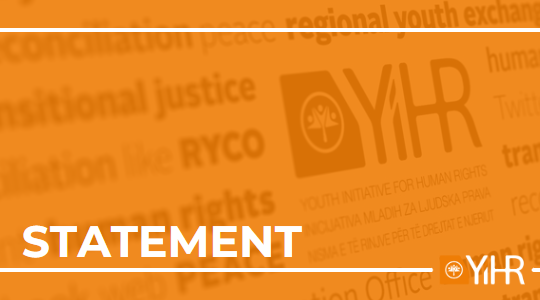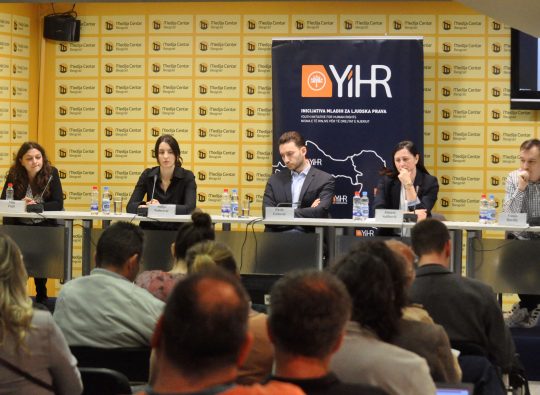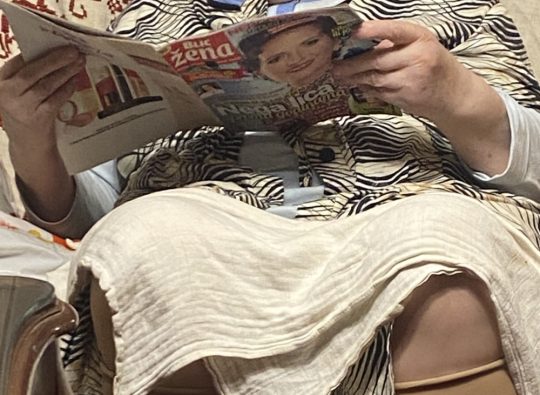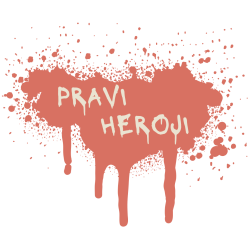YIHR would like to remind that this September 22nd marked 27 years from the moment Vlado Trifunović, General Major of the Yugoslav People’s Army (JNA), led JNA garrison soldiers out of Varaždin to safety, rescuing at least 220 recruits and thus preventing further destruction and carnage in that part of Croatia.
He was sentenced to 11 years of prison on account of treason after three court proceedings in Belgrade in 1994. Zoran Lilić, the former FRY president at the time, exonerated him in 1997 as a result of public pressure.
The Supreme Court of Serbia abolished the sentence against Vlado Trifunović and several of his officers in 2010. Regardless, he spent 2 years incarcerated in prison (Požarevac), with his sentence having been previously reduced to 7 years. Given his status of “exonerated” traitor, he was denied the right to a pension and housing, and spent the remainder of his life in hotel Bristol – in a 9 square meters room in subhuman conditions.
In July 2010, him and JNA Colonel Berislav Popović were charged with war crimes by the district attorney in Murska Sobota, Slovenia, due to their troop’s participation in the war in Slovenia.
In Croatia, proceedings against him were reopened with war crime charges. The Varaždin district court sentenced him to war crimes in the Varaždin region in 1993, but the Varaždin county court reopened proceedings on his request in 2013.
Reminiscing how the soldiers he had rescued, who later testified of the events in Varaždin, were greeted in Serbia, Trifunović says in the documentary Predstava: Izdajnik protiv zločinca, how he was told “they didn’t need living people, that Serbia needed dead heroes – to bring glory to history, to make Serbia proud”.
It is because of this that YIHR, aiming to help younger generations remember those who saved lives and were the embodiment of honesty and human dignity at the worst of times, in accordance with the War Memorials Law, asks the city of Belgrade to initiate the building of such a monument, one which would symbolize the start of cultivating a culture of remembrance, one where respect for victims and peace would be cherished as the ultimate value, and where those who protected these values would be celebrated as the true heroes of our society.
Deeming the actions of the late General Trifunović and his sacrifice in the name of peace a most valuable contribution to humanity, we wish to create in the near future a public space where convicted and proven war criminals such as Šljivančanin, Šešelj or Lazarević will be replaced with stories of the unknown heroes of Yugoslavia’s bloody disintegration. Stories of not only Vlado Trifunović, but that of Miroslav Milenković, Vladimir Živković, and countless others about whom the Serbian public knows little.
YIHR remains consistent with its previous demands towards city authorities, such as the construction of the Memorial center in Batajnica, as well as opposing the building of a monument for Slobodan Milošević. Despite the discriminatory Law on War Memorial’s being in force, which aims to legitimize the militaristic narrative of Serbian history and likewise conceal the crimes and participation of Serbia in war conflicts from 1991 to 1999, we consider it our civil duty to create an anti-war culture of remembrance as the foundation for sustainable peace in the region.












